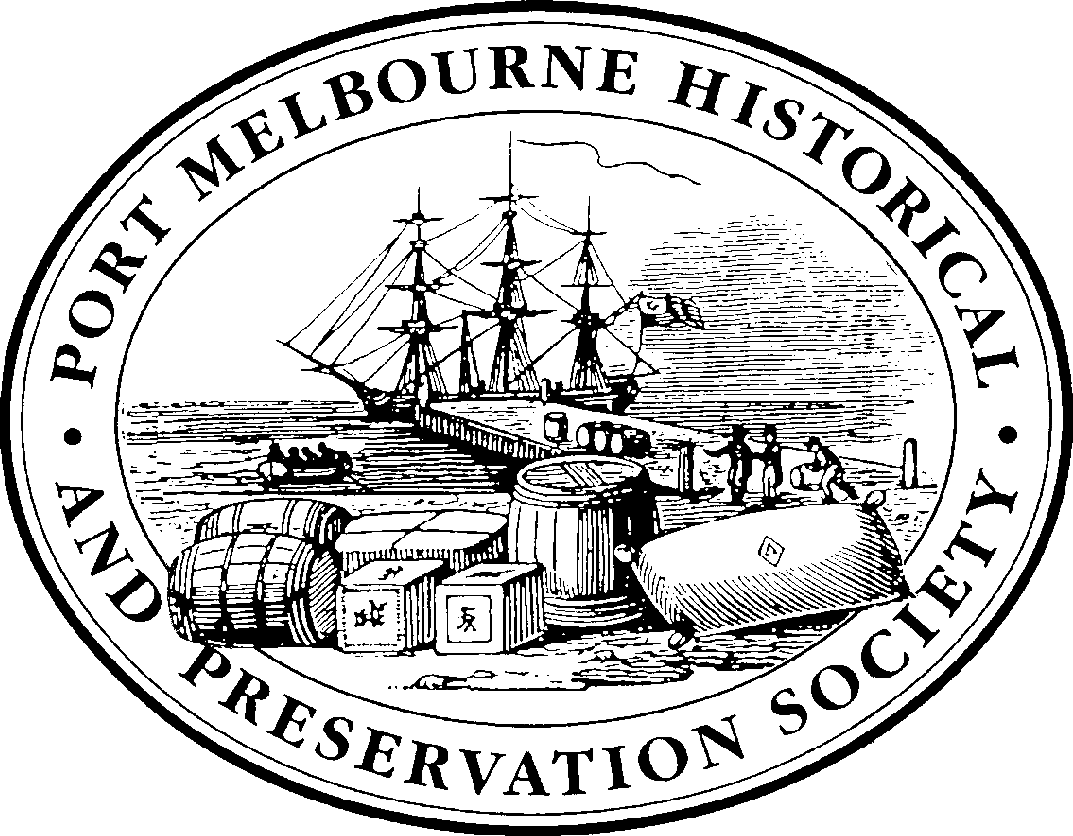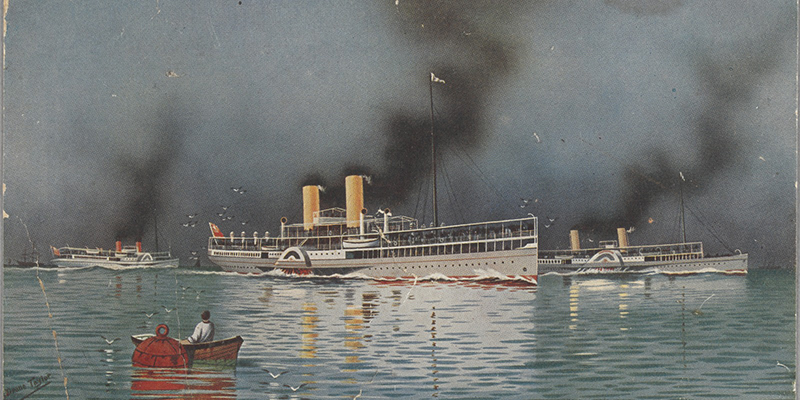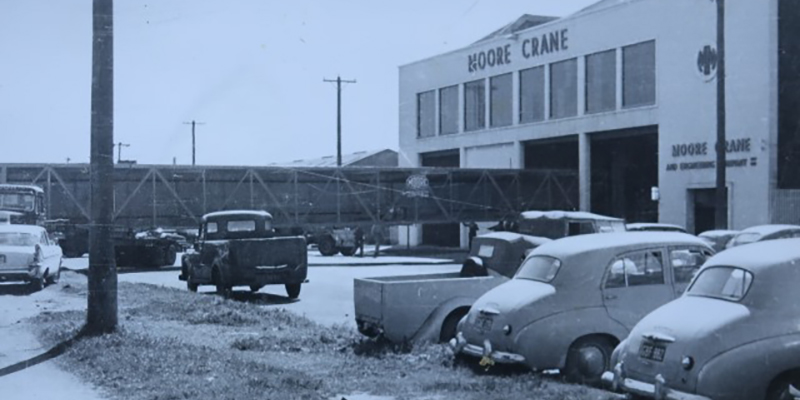Allan Whittaker Commemoration 2018
On an overcast but very hot day, people gathered at Princes Pier to remember Allan Whittaker.
This year marked the culmination of a community campaign to recognise Whittaker, his life and tragic death. It was a time to hand on the story to the students of Albert Park College
Former Supreme Court judge, Frank Vincent addressed his remarks to the students.
Frank Vincent
2 November 2018
What you have just heard from Kevin Bracken concerning the events at this pier on 2 November 1928 is not an exaggerated version of an incident that occurred a long time ago to which layers of mythology have been attached. It is a true story of the death of an impoverished man that carries implications to the present day.
How do I know that it did happen as he said ? Not from the fact that I was born in this suburb less than 9 years after Allan Whittaker was killed when the events of that day were fresh in the minds of those who lived here and regularly repeated. Nor because I was brought up in a union connected family and simply accepted what I had been told.
I came to understand its significance with a great deal more clarity and objectivity after being approached by Paddy Garrity who is present today. He asked me as a former judge to conduct a review of the inquest and the available material. In some respects, this was a challenging request as it may well have transpired that a very different situation emerged from the one that I had accepted for many years.
I obtained and analysed whatever documentation was available. This included the depositions from the inquest that was subsequently conducted into Whittaker’s death.
The version that I had been led to believe was the truth turned out to be that. If anything, the circumstances were worse than I had been told.
According to the report of the pathologist, Allan Whittaker had been shot through the back of the neck. It was apparent that he was not facing the bullet that hit him and had exited though his face. He was a very poor man; underweight and malnourished. That was recorded on his hospital admission. His teeth were rotten, as were the teeth of many poor people in those days.
He was walking what was called “the hungry mile”, but it was more difficult for him because he had to do it with a pronounced limp, a legacy of his involvement in the Gallipoli landing when he was wounded.
It is clear from the depositions from the inquest and other material that I examined that he was standing towards the rear and at edge of the group of protesting unionists where you might expect to find a supporter who physically would not be able to engage in a massive confrontation.
The most reasonable inference with respect to the injury he sustained is that when the police opened fire, he turned away, presumably to escape being hit. He was struck by a bullet that I believe was probably a richochet because of the angle of entry which indicated an upward trajectory.
It took three months for him to die, on Australia Day 1929, from septicaemia.
Now that is the background.
Allan Whittaker became an important figure for the people of Port Melbourne. He represented for that generation and for people like myself who grew up only a short time later, and very close to where these events occurred, a personal tragedy and the significance of that day.
The events on 2 November 1928 in the long term contributed to the creation of a very powerful union, the Waterside Workers Federation that became the bete noire for conservative forces in this country for a very long time.
Many of the conditions that we now enjoy are the direct consequence of the militancy and the unity of those people.
But it is not just a matter of history, nor is it a matter of nostalgia, that ought to bring us here.
I look at you young people. Your world is very different.
The struggles that you will encounter, the issues that you are going to have to handle and that we can now see emerging, will be very different from those that confronted the people of Port Melbourne in 1928. They are no less real and no less necessary for you to recognise and to face.
You will have very different kinds of struggles in a changing economy, where power is even more centralised than it was at that time, where structural disadvantage is even more entrenched and opportunities – even to get into university and other courses – depend on very intense competition.
You are going to have to face climate change issues and other kinds of environmental problems that we haven’t had to deal with.
And when you do, be conscious that that you are part of an ongoing struggle fought over many different battlefields over the years and indeed over the centuries. We can trace back in English law and history to struggles in the 12 century when farm workers went out on strike. Even in the feudal system, people were looking for some kind of decency in their lives.
If you get anything out of your involvement with Whittaker’s story, I really trust that it becomes an appreciation that what you have now was not given to you. It was bought and at a very, very high price – sometimes even the lives of those who purchased it for you.
Don’t give it up easily. Don’t forget and say ‘ok its all right now we don’t have to bear that particular burden and we can rely on the integrity of those in positions of power to protect us’.
In the end, you must realise that the struggle for decency in our society is ongoing.
When I saw reports Peter Dutton had said that a major consideration in getting kids off Nauru was cost because it was cheaper to bring them out of the place, I was appalled.
What kind of perversion of values does that represent?
Does he reflect our real values and priorities in that statement?
Is that what we are? Is that what we want to be?
Those are the kinds of questions that I would urge you to ask for yourselves.
For we older folk who gather here, what happened to Allan Whittaker is part of our lives, our history, but it is also part of yours.
More
Read previous addresses by Frank Vincent at the annual Whittaker commemoration
Legacy of 1928: Whittaker commemoration 2016
Reflections on entitlement: Whittaker commemoration 2014
Port in the twenties – a difficult, suffering place – Whittaker commemoration 2013


